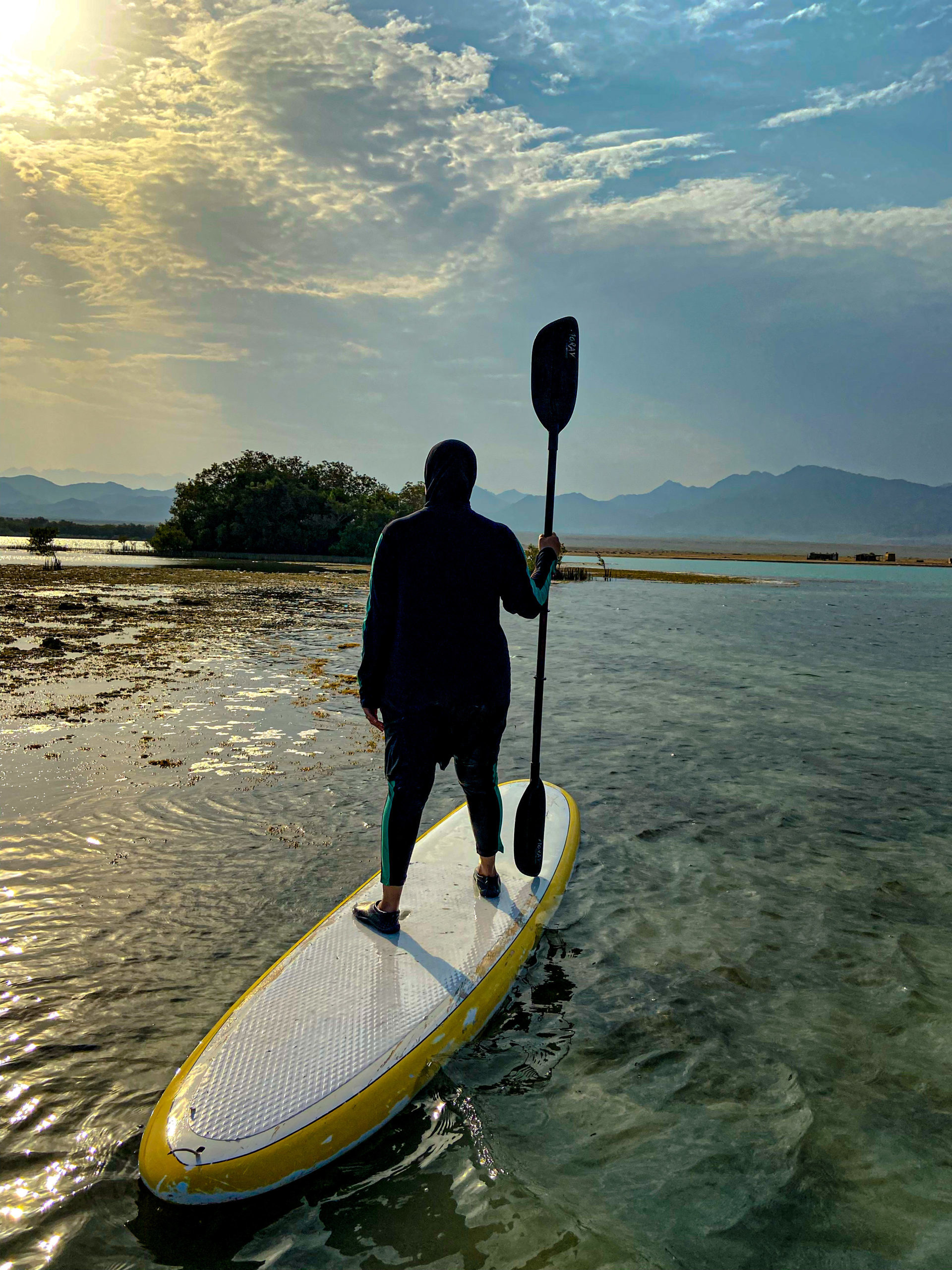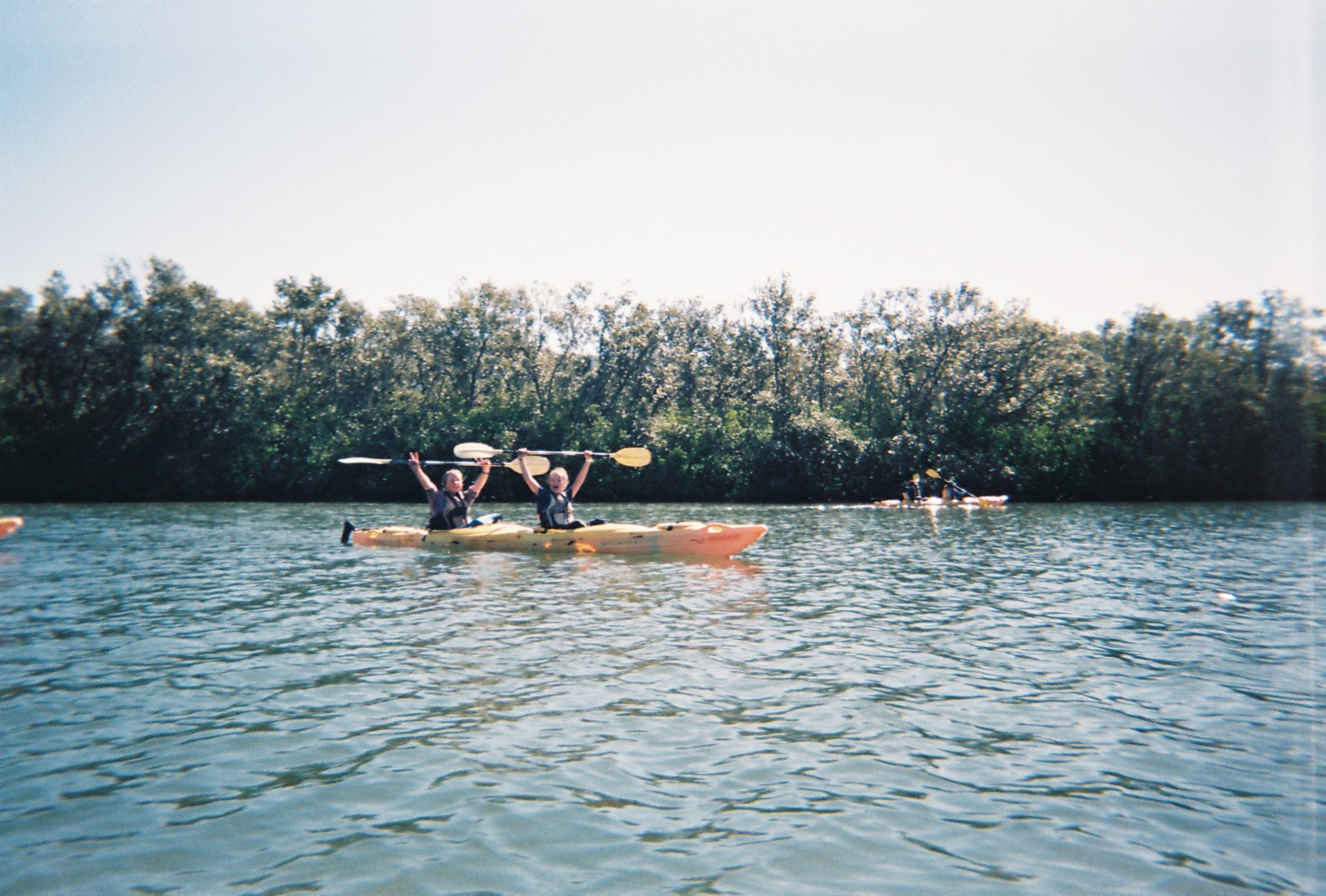Big 6 Youth Organisations welcome key outcomes from the Transforming Education Summit
As the United Nations General Assembly meets for the first time in three years, education reform is at the top of the agenda. Over three days, young people, policy makers, civil society organisations, governments and leaders came together to debate, discuss, and prioritise actions as part of the Transforming Education Summit.
The Summit highlighted young people’s, civil society and international organisations’, collective sense of urgency to address the global education crisis alongside interconnected global challenges such as the COVID-19 pandemic, the climate crisis, a mental health crisis, growing inequality and conflict. As António Guterres, Secretary General of the UN said when addressing the Summit, we must move from an ‘age of consultation to an age of shared responsibility’.
The Duke of Edinburgh’s International Award, along with our partners from across the Big 6 Youth Organisations*, welcome the following developments from the Summit:
- ‘We, the youth of the world’. Placing a youth voice and perspective at the centre of education reform as set out in the Youth Declaration is critical. A key step in acting on the Youth Declaration will require conditions and commitments to enable youth-led intergenerational dialogues to inform decision-making.
- Scale-up of education financing. The launch of the new International Finance Facility for Education (IFFEd) is a powerful new tool for financing global education. We look forward to working with the Education Commission and others to advocate for more funding and focus on quality, inclusive, and accessible education for all, especially girls, and young people with disabilities.
- Multi-sectoral partnership focus with education as the enabler. If we are to address the world’s biggest issues, from climate change, poverty, gender inequality, lack of respect for human rights, mental health, and more, we must prioritise education in its entirety (including formal and non formal education and learning pathways). The Summit has helped to re-emphasise the role of education as the key enabler for achieving the 2030 Sustainable Development Goals.
- Focus on life skills, global citizenship, leadership and transferable skills. The Summit clearly demonstrated the need to focus on life skills, global citizenship, leadership and transferable skills to meet the needs of young people. The Big 6 organisations (and the national organisations they represent) lead on developing types of skills and experiences through volunteering, for, by, and with, youth worldwide.
Whilst non-formal education and learning was not on the Transforming Education Summit agenda, the Big Six Youth Organisations were present and proud to advocate on behalf of the 250 million young people we support across 192 countries for the practical, youth-led and skills-based learning opportunities we provide as an essential complement to formal education.
As outlined in the Rio Declaration, authored and signed at the World Non-Formal Education Forum in 2019, non-formal education and learning must be recognised as a key component of comprehensive education, including funding commitments and partnerships.
Tharindra Arumapperuma, Youth Representative of The Duke of Edinburgh’s International Award said: “This is a fantastic step forward in transforming education globally. By enabling young people to be a driving force and take a leading role in moulding the education priorities, we can support them to face the evolving challenges in communities and help to work towards a world where every young person has access to a fulfilling, engaging, and empowering education.”
Attending the Summit, John May, Secretary General of The Duke of Edinburgh’s International Award Foundation said: “Over the past three years, we have seen the largest disruption of education systems in history – and evidence that there needs to be a transformation, in response to major challenges relating to the relevance of education in our rapidly changing world. This summit put the voices of young people at the heart of the debate, as they called on global leaders and decision-makers to recognise the unprecedented scale of need. We know that a good education means getting solid results in the classroom; along with developing character, knowledge , skills, attitudes, values and critical understanding – and also a healthy doses of grit and resilience; through planned and sustained participation in educational activities outside the classroom. As we work to transform our education systems, it is time to integrate non-formal education and learning within them, as part of an ambitious agenda for providing equitable access at all times, for all young people.”
As we look beyond Transforming Education and towards 2030, we will continue to work with young people, partners, and governments, to advance the Sustainable Development Goals and achieve real change with, by, and for young people worldwide.
*The Big 6 is made up of the: World Young Men’s Christian Association (WYMCA); World Young Women’s Christian Association (WYWCA); World Organisation of the Scout Movement (WOSM) ; World Association of Girl Guides and Girl Scouts (WAGGGS); International Federation of Red Cross and Red Crescent Societies (IFRC); and The Duke of Edinburgh’s International Award (The Award).
Together, the Big 6 actively involve and engage more than 250 million young people, contributing to the empowerment of more than one billion young people during the last century.





